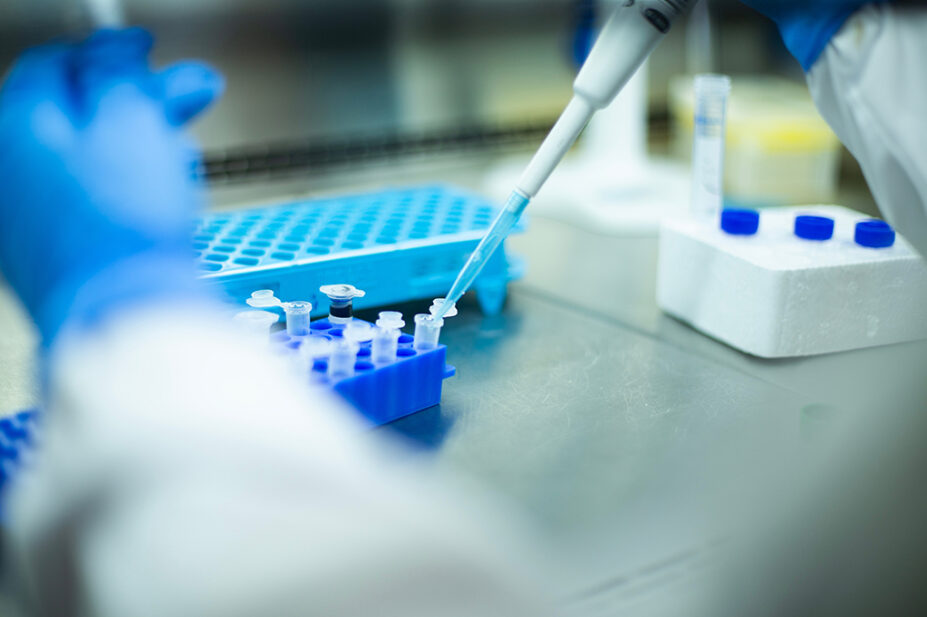
Shutterstock.com
Cell and gene therapies (CGTs) for four prevalent conditions could save the NHS and wider society billions of pounds, according to a joint report by the Office of Health Economics (OHE) and the technology and innovation organisation Cell and Gene Therapy Catapult.
The report — published on 20 October 2025 — examined the potential savings for ten years following implementation of CGTs for Alzheimer’s disease (AD), beta-thalassaemia, acute lymphoblastic leukaemia (ALL) and acute myeloid leukaemia (AML), through data modelling based on case studies.
The report concluded that future advanced therapies for AD could provide benefits of £39.6bn for individuals and their carers, owing to extra years in work and reduced levels of care.
It also identified that advanced therapies for beta-thalassemia could provide potential NHS savings of £74m and broader societal gains of £51m, as a result of patients no longer needing blood transfusions over the course of their life.
For ALL, the report suggested that therapies could provide £11m in cost benefits for individuals, based on quality-adjusted life years (QALYs).
Therapies for AML could deliver individual value of £583m based on QALYs, as well as NHS savings of £463m, the report said.
CGTs act by treating the root causes of disease, through modifying cells or genes. In cell therapy, cells — either from the patient or a donor — are modified outside of the body and injected into a patient, while in gene therapy, genes are replaced, inactivated or introduced into cells either inside or outside of the body.
“Our findings demonstrate the substantial societal value of CGTs, derived from increased productivity, reduced absenteeism, and enhanced quality of life for patients and caregivers,” the report said.
Lead author Grace Hampson, associate director at the OHE, said: “We found that widening access to CGTs yield substantive societal benefits, even when only health-related outcomes are counted. But this is only one part of the story: when we estimate the non-health-related benefits of CGTs, like industrial expansion and highly skilled job creation, the benefits to the wider economy will be even greater.”
Commenting on the report, David Watson, executive director of patient access at the Association of the British Pharmaceutical Industry, said: “Advanced therapies have the power to dramatically improve patients’ lives through a single treatment, removing the need for lifelong care. In some cases, these innovations can also deliver significant long-term savings for the NHS, benefiting both taxpayers and patients.
“We should view healthcare spending as an investment. It’s vital to take a long-term perspective on the value and cost-effectiveness of medicines — considering not just the initial price but the lasting outcomes they deliver over many years for patients and the economy. Achieving this will mean adopting new and flexible payment models that reflect real-world patient results.”


